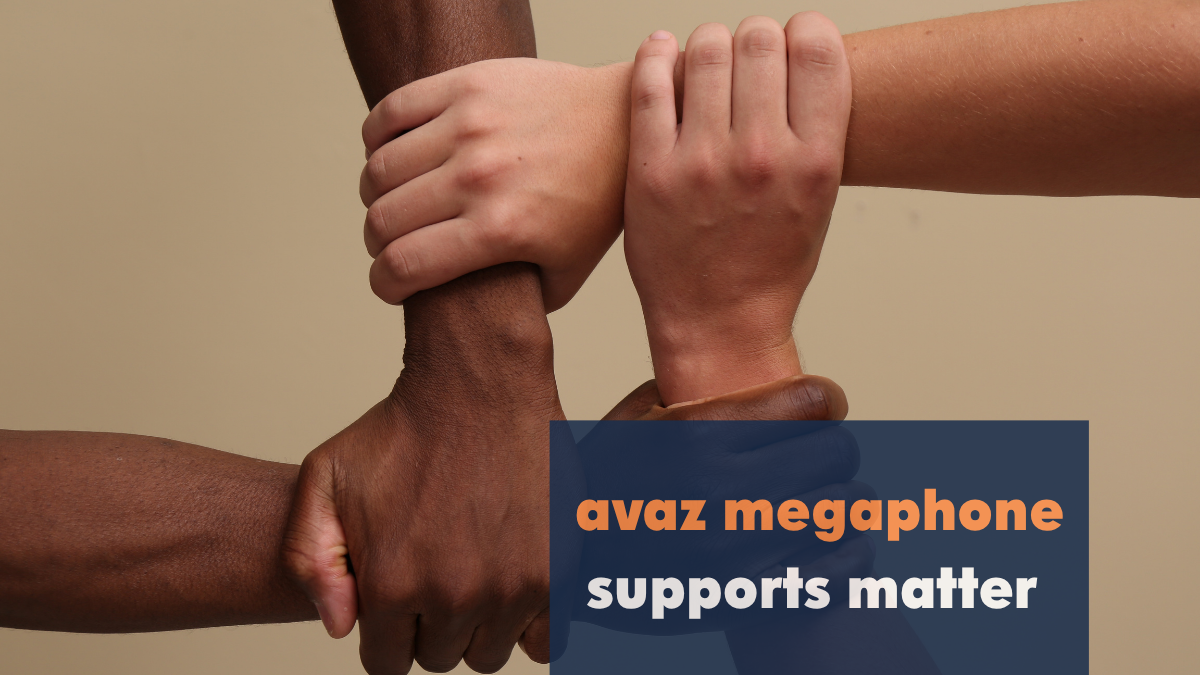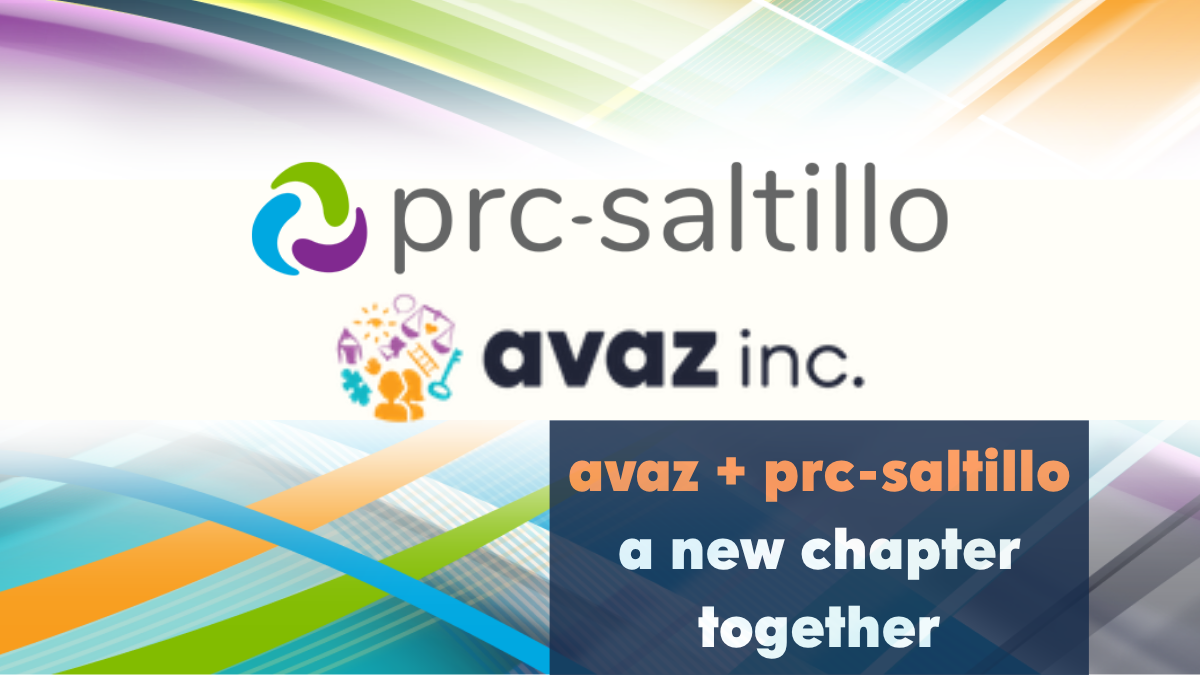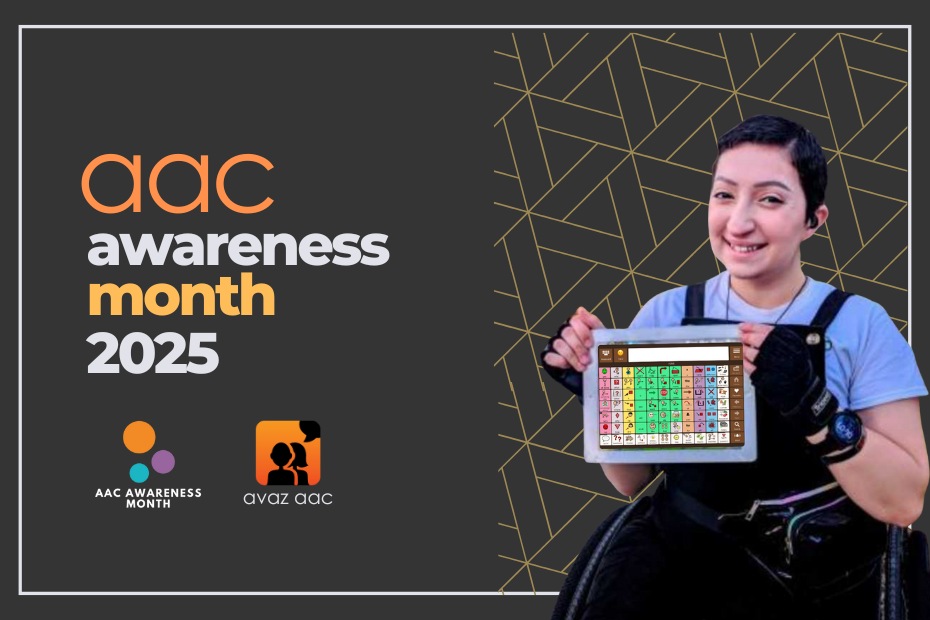I received a heart-warming email today from a mother whose two sons, both with autism, have been using Avaz for nearly a year now. Her email had one detail in particular which will probably remain with me for a very long time. She spoke about her elder son — let’s call him Harry — who is seven years old, non-verbal, with sensory issues and delays in fine-motor and gross-motor skills. Harry hardly initiates speech, so his mother was often left wondering what he was thinking about. But a couple years back, she and Harry’s speech therapist made an astounding discovery. They realized that Harry had taught himself to read, and he is now able to communicate — autonomously and, to a large degree, independently — by using Avaz.
Harry’s mom went on to write about all the wonderful instances where he’d used Avaz to astound his family, his therapist, and his baby-sitters. But I think the most important takeaway from this email is a validation of an AAC guideline that we may have heard about but don’t put into practice often enough. And that’s the advice to presume competence. Presuming competence is so important that I think it deserves to be called an AAC mantra. And it’s probably a good idea for you to repeat this mantra to yourself five times before you start your day with a child: “I must presume competence. I must presume competence.”



